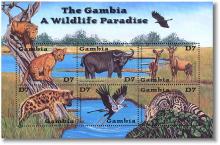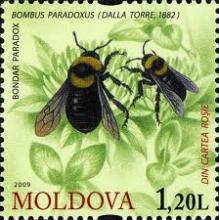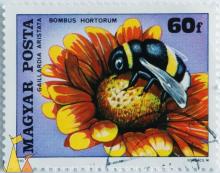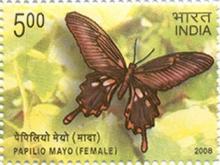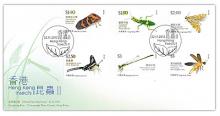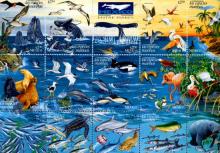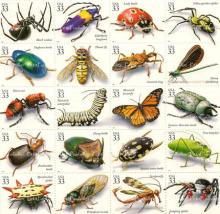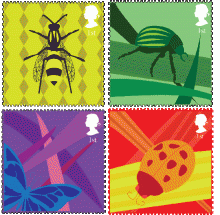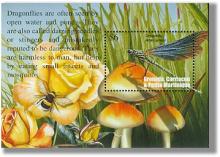Immunsuppression durch neonikotinoide Insektizide an der Wurzel des globalen Rückgangs bei Wildtieren
Bereits in seinem Buch "Ende der Artenvielfalt – Neuartige Pestizide töten Insekten und Vögel“ warnt der niederländische Toxikologe Henk Tennekes vor den Gefahren von systemischen Neonicotinoid-Insektiziden. Damit untermauert er Ergebnisse verschiedener Studien aus den vergangenen Jahren: Neonicotinoide sind in jeglicher Konzentration wirksam, sofern die Dauer des Kontakts ausreichend lang ist. Selbst kleinste Mengen können auf lange Sicht verheerende Auswirkungen haben. Diese Stoffe (Handelsnamen sind Imidacloprid, Thiamethoxam oder Clothianidin) wirken nämlich auf das zentrale Nervensystem von Insekten und Wirbellosen und blockieren dort wichtige Funktionen. Die seit 1991 zunehmend eingesetzten Giftstoffe gelangen ins Grundwasser und verbleiben auch im Boden, wo sie schwer abbaubar sind. Wasser- und landlebende Tiere sind ihnen folglich permanent ausgesetzt. Wirken die Nervengifte in niedriger Dosierung zur Zeit der Anwendung nicht unmittelbar tödlich, haben sie dennoch langfristig eine zerstörerische Wirkung.Die Folgen dieser chronischen Toxizität sind Schäden an zahlreichen Arten wie Wassertiere, Regenwürmer, Käfer, Spinnen oder Schnecken. Und natürlich Bienen und anderen Insekten. Außerdem schwächen Neonicotinoide das Immunsystem der Tiere. Über dieses Phänomen berichtet Tennekes gemeinsam mit Forschern aus England und Australien in einer aktuellen Studie. Während bei Bienen und Fischen eine Schwächung des Immunsystems (Immunsuppression) durch Insektizide inzwischen nachgewiesen wurde, häufen sich die Indizien dafür, dass die Gifte auch für Infektionskrankheiten von Amphibien, Fledermäusen und insektenfressenden Vögeln verantwortlich sind. Solche Epidemien treten offensichtlich genau dort auf, wo in den Jahren zuvor große Mengen an systemischen Insektiziden eingesetzt wurden. Danach breiten sich die Krankheiten auch auf andere Regionen aus. Als Weckruf liefert die Studie nun Daten über die schleichende und heimtückische Gefahr, die von systemischen Insektiziden ausgehen. Und fordert zum Schutz der Land- und Wasserökosysteme ein Verbot der Neonicotinoide. Zumindest sollten die Gesamtauswirkungen aus einem neuen Blickwinkel untersucht und Langzeitfolgen zukünftig in Zulassungsverfahren integriert werden. Denn neonicotinoide Insektizide können auch bei Säugetieren - also uns Menschen - das Immunsystem beeinträchtigen.

